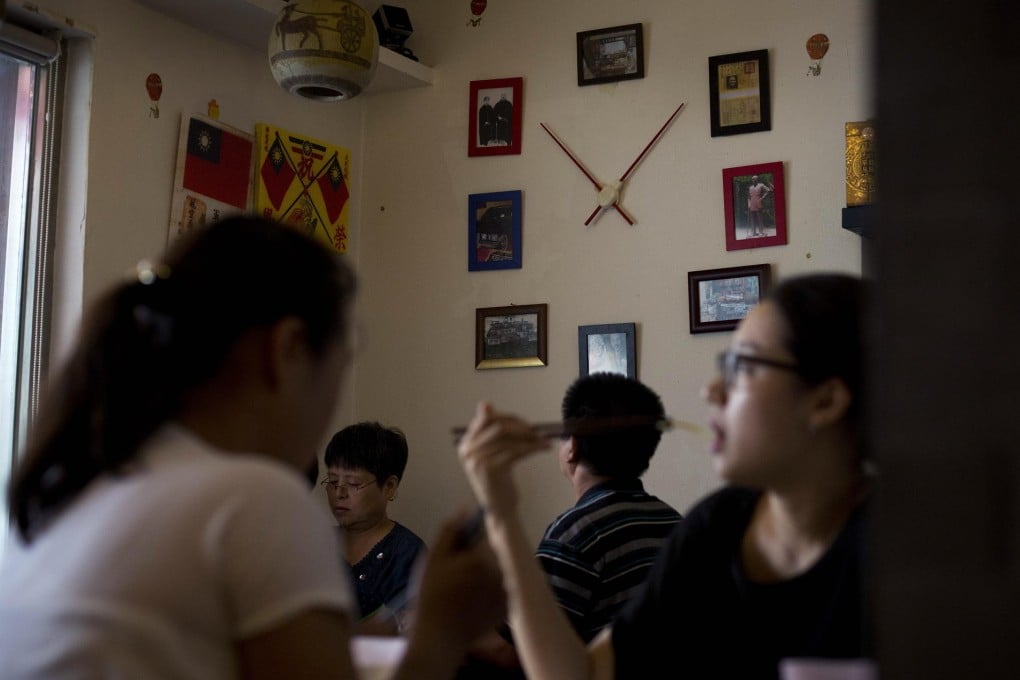Mao enemy Chiang Kai-shek comes in from the cold
Attitudes to Nationalist leader Chiang Kai-shek thaw over role in fighting Japanese occupation

Photographs of Mao Zedong's arch-enemy Chiang Kai-shek adorn the walls of a Beijing restaurant and his face looks up at diners from the menu.
Online, the deposed leader's image is used to sell the kinds of lamps and swords he might have used. A liquor brand has patterned its bottle on Chiang's memorial in Taipei.
Twenty years ago, Chiang was considered an enemy of the people on the mainland. Today, there has been a grudging acceptance of Chiang's historical role in fighting Japan following its invasion in the lead-up to the second world war.
Chiang later lost to Mao's communists in the civil war and fled in 1949 to Taiwan, where he ruled until his death in 1975. His revival on the mainland points to how the Communist Party uses history to make points about present-day politics. Chiang is doubly useful in that sense because the mainland's relations with Taiwan have been warming, while those with Japan are in steep decline.
The shift in attitude towards him on the mainland has been noticeable, if unstated. Over the past decade, Chiang's Kuomintang soldiers have gone from being portrayed in television dramas as little more than corrupt and greedy characters to evincing patriotism and even courage as they fight the Japanese.
In Mr Chiang's Mainlander Restaurant in Beijing's central business district, renamed earlier this year, Chiang's face is drawn on the bright yellow cover of a menu and reprints of Chiang photographs are pasted on the wall. Although the photos can make customers smile, the restaurant's boss said many people still did not feel at ease to give an honest assessment of Chiang.